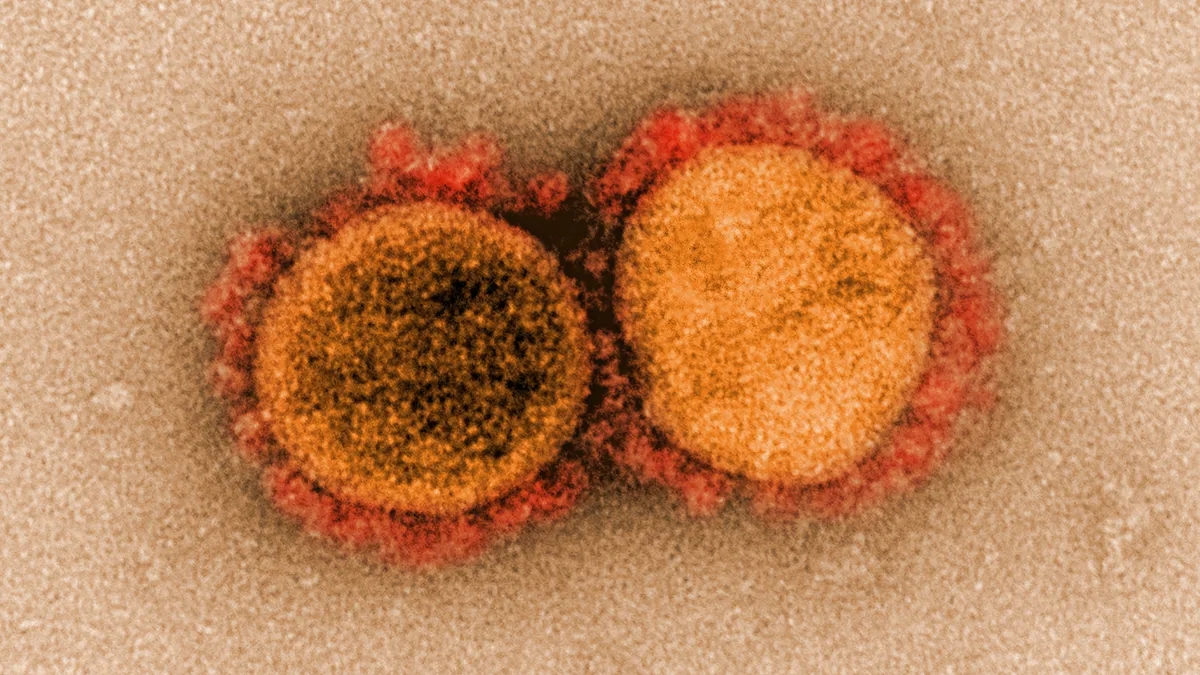Dive Brief:
- Acon Laboratories has received emergency use authorization for a COVID-19 antigen test, positioning it to start shipping a kit that is expected to double U.S. rapid at-home testing capacity over the next few weeks.
- FDA granted Flowflex COVID-19 Home Test authorization as a one-time test of people with and without symptoms. Most antigen tests for at-home use are authorized for serial testing the same individual more than once within a few days to mitigate the risk of false negatives in asymptomatic people. The Acon over-the-counter test has no such requirement for serial testing.
- Acon secured the broad label on the strength of a study including 64 asymptomatic subjects, setting it up to ship its kits at a rate of more than 100 million tests per month by the end of the year and ramping up to 200 million tests a month by February 2022. Abbott and Quidel are also scaling up production but it could take months to boost output to meet demand for COVID-19 tests amid a nationwide shortage of rapid tests in recent weeks.
Dive Insight:
The U.S. has lagged behind other parts of the world in adoption of rapid antigen tests. Residents of the U.K. can access rapid antigen tests, including Acon's, for free and are encouraged to test themselves two to three times a week to help identify asymptomatic cases. In the U.S., demand for rapid antigen tests soared as the delta variant took hold, leading to shortages and a $2 billion push by the Biden administration to get kits to U.S. schools, health centers and food banks.
Existing manufacturers such as Abbott and Quidel are already scrambling to ramp up output. The effort to double capacity will now receive a boost from the authorization of Acon's Flowflex.
According to FDA, Acon expects to be making more than 100 million tests a month by the end of the year. Output is anticipated to jump again by February, when FDA expects Acon to start delivering 200 million tests a month. The agency contends the addition of the kits to the supply chain will double U.S. rapid at-home testing capacity within weeks.
Acon secured the EUA after presenting data on a study that enrolled 172 subjects at two sites in the U.S. The sites, which simulated a home setting, asked 108 people who had developed symptoms of COVID-19 in the past week and 64 asymptomatic individuals to collect a sample, perform the test and interpret the result.
Overall, Flowflex missed three of the 42 positive results returned by a PCR method, resulting in a positive percent agreement of 93%. Flowflex missed two of the 30 positive cases in the symptomatic cohort and one of the 12 positive cases in the asymptomatic cohort. The PPA was almost identical in the two groups, coming in at 93% in symptomatic people and 92% in their asymptomatic peers. As is typical with rapid antigen tests, the negative percent agreement was 100%.
The small size of the asymptomatic cohort leaves scope to question whether 92% is a true reflection of the PPA. The lower end of the confidence interval is 62%, a figure closer to studies and real-world experience of other rapid antigen tests. Even so, FDA deemed Flowflex suitable for use as a one-off test, unlike other rapid antigen tests that should be used more than once within a few days in people without symptoms of COVID-19.
Also Monday, OraSure Technologies revealed a $109 million contract from the U.S. Department of Defense to add capacity to make InteliSwab COVID-19 rapid tests. The contract comes months after OraSure received an EUA.










